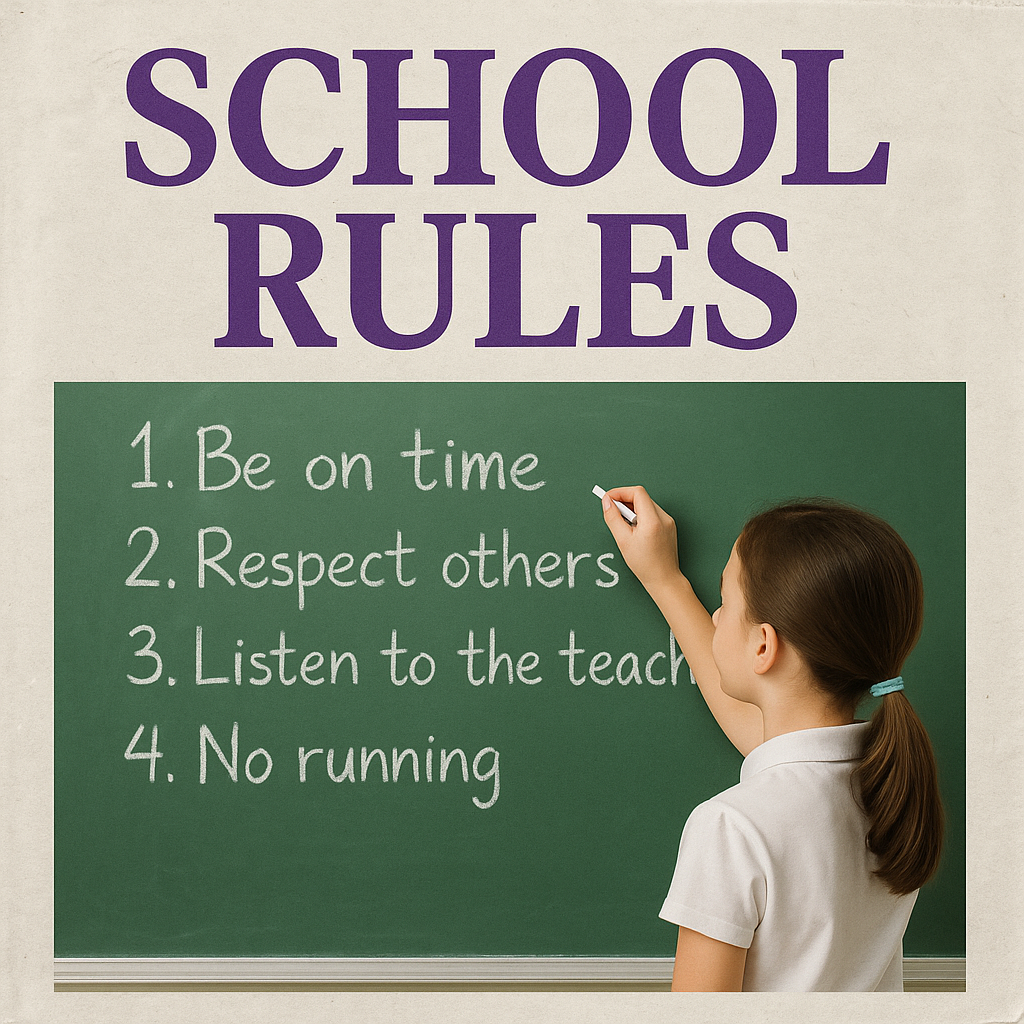Do you find yourself struggling with your mental health? Especially as students, mental health plays a very big role in our academic lives. Within the last few years, it’s been more difficult for many students to develop a healthy relationship with themselves and expressing internal feelings with others when needed. A major contributor to this is COVID, when we abruptly switched from seeing and socializing with people every day to physically distancing ourselves in public and doing school/working online.
Developing social connections plays a crucial role in various aspects of life, including discovering a sense of purpose, establishing and maintaining friendships, recognizing the value of education, and fostering protective factors for mental well-being.
By actively engaging in social activities and building meaningful relationships, individuals are able to create a sense of belonging and purpose. This can further strengthen their appreciation for learning and knowledge acquisition, ultimately leading to the formation of solid support systems that contribute to overall emotional health and stability.
Today’s students, having experienced years of limited face-to-face interaction with peers and teachers, may have underdeveloped social skills and communication abilities. This deficit can potentially lead to negative consequences for their mental and emotional well-being.
The quality of mental health, especially that of students, has gradually decreased in recent years. But what about those at our school?
I created a form to get a peek at the state of 184 students at PHS. Here are some of the highlights of the results:
Most people who answered did not have any diagnosis, but this does not invalidate the mental struggles some shared.
Although, of those who did say they were diagnosed with some sort of mental disorder, the most common was anxiety, with about 19% of students who answered marking anxiety. The second most common was depression, at about 16%.
When asked to rate their overall mental health during trimesters 2 and 3 this school year, about 24% rated a 5. This was the most common score. About 7% of students rated a 0. This shows that we are not as happy as we could be. But how can we improve that?
Generally speaking, there are some simple things you can embed into your daily life that can help improve your mental health. Exercise is a common one. Physical activity can help manage stress and improve mood, although this isn’t always accessible during school, especially for students that don’t have a PE class, etc. Even going for a short walk can help. If you’re in class and you’re starting to feel stressed or upset etc, ask to go talk to your counselor! They may not be available right at that time, but you can always wait for them or ask to speak to someone else. Regardless, this can give you a minute to take a short walk and clam down. Sleep is also important when it comes to mental health. It’s good to aim for at least 7-8 hours of sleep every night so that you’re well-rested and energized for the next day.







